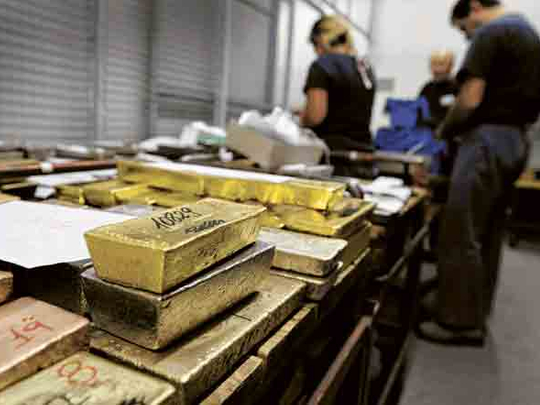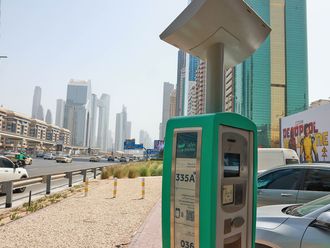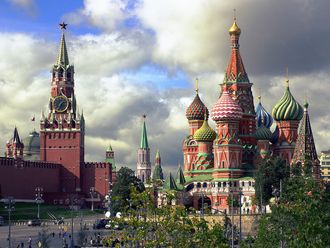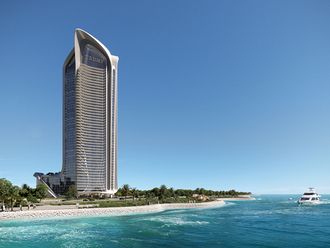
Dubai: The International Monetary Fund (IMF) said it has concluded its gold sales programme covering 403.3 metric tonnes of the precious metal.
The sale was approved by the IMF Executive Board in September as part of a plan to diversify the Fund's sources of income.
"These sales are a central element of the new income model for the IMF that was endorsed by the Executive Board in April 2008. They will also increase the Fund's capacity to support low-income countries under a strategy endorsed by the Board in July 2009," the IMF said in a statement yesterday.
The gold sales were conducted under modalities to safeguard against disruption of the gold market. All sales were at market prices, including direct sales to official holders, it said.
Gold prices have surged more than 25 per cent in the year to date, hitting an all-time high of $1,430.95 (Dh5,256) an ounce earlier this month. Adjusted by inflation, however, gold prices are far below the peak set in 1980 of more than $2,300.
"The news [of the sale completion] had little impact on gold prices as the IMF had already said it sold more than 90 per cent of the 403.3 tonnes by the end of October," said Pradeep Unni, a senior analyst at Dubai-based Richcomm Global Services.
"But it marks an important turning point for the market, which has been lifted this year by the prospect of further buying by global central banks. It is more likely that the public sector — led by central banks in emerging markets, especially China — to become net buyers of gold next year as they seek to diversify reserves away from the US dollar and Treasuries," Unni said.
GFMS, the London-based precious metals consultancy, estimates that the official sector has been a net buyer this year for the first time in two decades in spite of the sales by the IMF.
New income model
The IMF's new income model builds on the January 2007 recommendations of the Committee of Eminent Persons to Study the Sustainable Long-Term Financing of the IMF that was chaired by Andrew Crockett.
"I am delighted that the Executive Board has given its overwhelming backing to a strictly limited sale of Fund gold to put the financing of the IMF on a sound long-term footing, and enable us to step up much-needed concessional lending to the poorest countries," IMF Managing Director Dominique Strauss-Kahn stated at the time.
The new income model is designed to provide the Fund with more diverse income sources that are better aligned with the variety of functions performed by the Fund, with a central component being the funding of an endowment with the profits from these limited gold sales.
Resources accrued from the gold sales will be used indirectly to increase the Fund's capacity to provide concessional loans to low-income countries.
In order not to disrupt the gold market, the IMF had set some modalities for its sales. First, the Fund would stand ready to sell gold directly to central banks or other official sector holders if there were to be interest from such holders. The IMF's gold sales were part of a larger plan to put its budget on a more sustainable footing. The plan includes making $100 million in spending cuts and reducing its over-reliance on income from lending operations to finance its work.
With these measures, the IMF expects to close a projected income-expenditure gap of $400 million within a few years.
Europe woes aid trend
Gold inched up yesterday, with sentiment still supported by worries of more ratings downgrades for debt-ridden European countries.
Volume was thin ahead of the year-end holidays and some investors were careful about taking too much position ahead of the latest estimates for US gross domestic product (GDP) for the third quarter due at 1330 GMT.
Gold rose $3.69 an ounce to $1,388.99 by 0602 GMT, having traded in a narrow $5 range. "If not for the year-end laggardness and apprehension of investors to take huge positions in the penultimate week of the year, gold would have been trading above $1,400 easily," said Richcomm Global Services analyst Pradeep Unni. "There are more countries waiting to be downgraded in the euro zone and that alone would be sufficient to keep the metal well supported in the near-term. Tension in the Korean peninsula may add further support."











